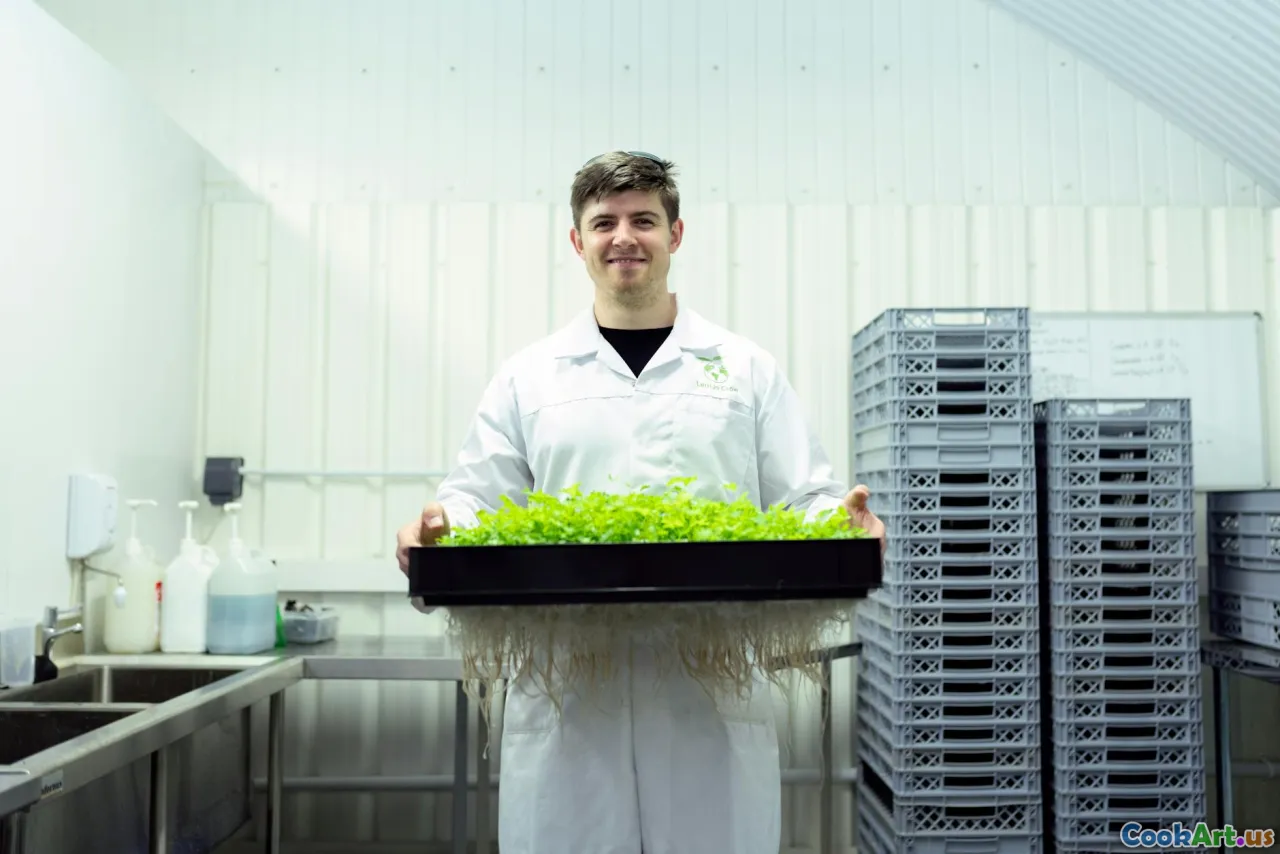Smart Farming Technologies
6 min read Explore innovative smart farming technologies reshaping agriculture for sustainability and efficiency in food production. April 07, 2025 12:00
Smart Farming Technologies
Smart farming technologies represent a revolutionary shift in how food is produced, combining advanced technology with sustainable practices to enhance productivity and efficiency. As the global population continues to rise, the pressure on food production systems intensifies. This article delves into the innovative technologies transforming agriculture today, ensuring that farmers can meet future demands while minimizing environmental impact.
The Need for Smart Farming
With the UN projecting a global population of nearly 10 billion by 2050, food production must increase by 70% to meet demand. Traditional farming methods often struggle with the challenges of climate change, soil degradation, and resource scarcity. Smart farming technologies offer solutions that not only boost yield but also promote sustainable practices.
Key Technologies in Smart Farming
1. Precision Agriculture
Precision agriculture uses data analytics and technology to optimize farm management. This approach involves the collection of data through sensors, satellite imagery, and GPS technology, enabling farmers to make informed decisions about planting, watering, and harvesting. By applying resources precisely where and when needed, farmers can reduce waste, conserve water, and increase crop yields.
2. Drones
Drones equipped with cameras and sensors are changing the landscape of crop management. They provide real-time data on crop health, soil condition, and irrigation needs. Farmers can use this information to identify problems early, such as pest infestations or nutrient deficiencies, allowing for timely interventions that save resources and enhance yields.
3. IoT and Smart Sensors
The Internet of Things (IoT) connects various devices and sensors to collect and analyze data from the field. Smart sensors monitor soil moisture, temperature, and nutrient levels, providing farmers with valuable insights that can inform irrigation and fertilization strategies. This technology promotes resource conservation and increases efficiency, ultimately leading to more sustainable farming practices.
4. Vertical Farming
Vertical farming is an innovative approach that utilizes controlled environments to grow crops in stacked layers. This method significantly reduces land use and water consumption and can be implemented in urban areas, bringing food production closer to consumers. Advanced LED lighting and hydroponic systems allow crops to grow year-round, regardless of outside conditions.
5. Blockchain Technology
Blockchain offers transparency and traceability in the food supply chain. By recording every transaction on a decentralized ledger, it enables consumers to trace the origin of their food, ensuring quality and safety. This technology can also help farmers streamline operations and reduce fraud, enhancing trust in food systems.
6. Robotics and Automation
Automation in farming, including the use of robots for tasks such as planting, weeding, and harvesting, is becoming increasingly prevalent. These technologies reduce labor costs and increase efficiency, allowing farmers to focus on more strategic decisions. Robotic systems can operate in challenging conditions, ensuring that work continues even during peak seasons.
Benefits of Smart Farming Technologies
The benefits of smart farming technologies extend beyond increased productivity. They promote sustainability by:
- Reducing Resource Use: Precision agriculture and smart irrigation systems help conserve water and minimize inputs such as fertilizers and pesticides.
- Enhancing Food Security: By increasing yields and reducing waste, smart farming practices contribute to food security in a rapidly growing population.
- Lowering Carbon Footprint: Sustainable farming practices can significantly reduce greenhouse gas emissions associated with traditional agriculture.
Conclusion
As we navigate the complexities of modern food production, smart farming technologies offer hope for a sustainable future. By leveraging innovation, farmers can meet the challenges of feeding a growing population while protecting the planet. Embracing these technologies is not just an option; it is a necessity for the future of agriculture. The journey towards smarter farming is already underway, and it promises to revolutionize the way we produce and consume food.









